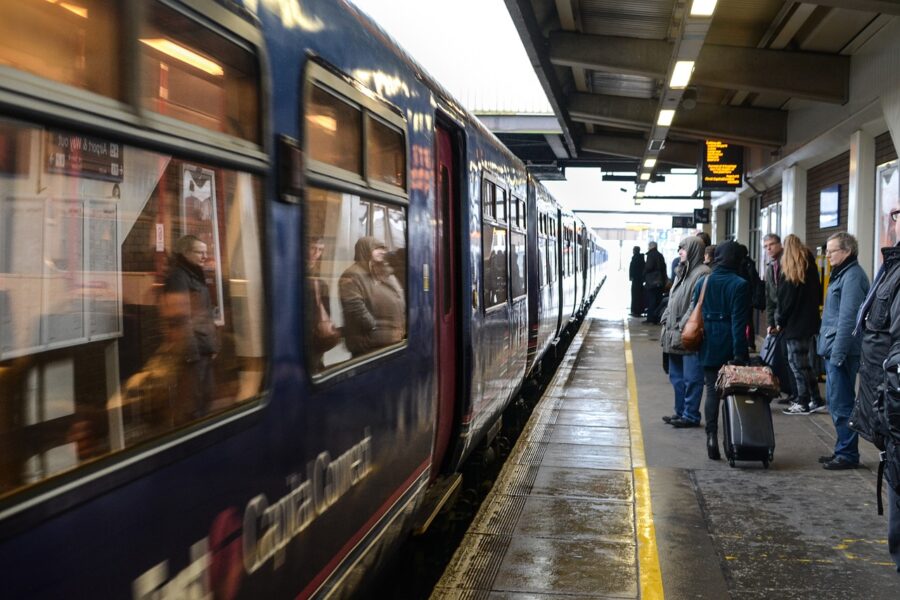
A key pledge the Labour Party promised in their manifesto was to “overhaul Britain’s railways” by “bringing them into public ownership.” Hoping to combat the issues with the currently privatised railways, on 4th December, the Passenger Railway Services Bill was passed, allowing the Government to finally act on that promise.
The Railways Act 1993, introduced by Conservative Prime Minister John Major, led to the privatisation (or more accurately, the complex franchising) of British railways. This excludes Northern Ireland, however, whose rail system has remained nationalised since 1948.
Currently, most of Britain’s railways are owned by private companies, many of which are not British based. In 2023, transport sector trade union RMT reported that 65% of railway profits are “locked away in shareholder dividends.” This means that, instead of being reinvested into improving the railway service, offshore companies and shareholders are benefitting more from the railways than the British public.
The first three companies to be nationalised have already been confirmed, one of which, most notably for Exeter, is South Western Railway.
However, this move doesn’t necessarily guarantee cheaper rail fares as many might hope for – at least in the short term. In the Autumn Budget, Chancellor Rachel Reeves announced that government-regulated fares would be rising by 4.6% in March. However, transport secretary Heidi Alexander has said that the “primary aim” of this nationalisation process is “to improve reliability and clamp down on the delays, the cancellation, […] and the inefficiency that we’ve seen.” So, while we cannot expect rail fares to become cheaper anytime soon, it is positive to know that the Government is following through on their intentions and that the railway lines can at least become worth the high price.
For those on tight student budgets, a guarantee for cheaper rail fares would be largely beneficial. However, a more consistently reliable railway service is still a relief for those who utilise train transport to travel to and from university. It is a great comfort to know that the train you need to catch to make it back home on time isn’t likely to be cancelled, especially when many students haven’t other transport options at their disposal.


